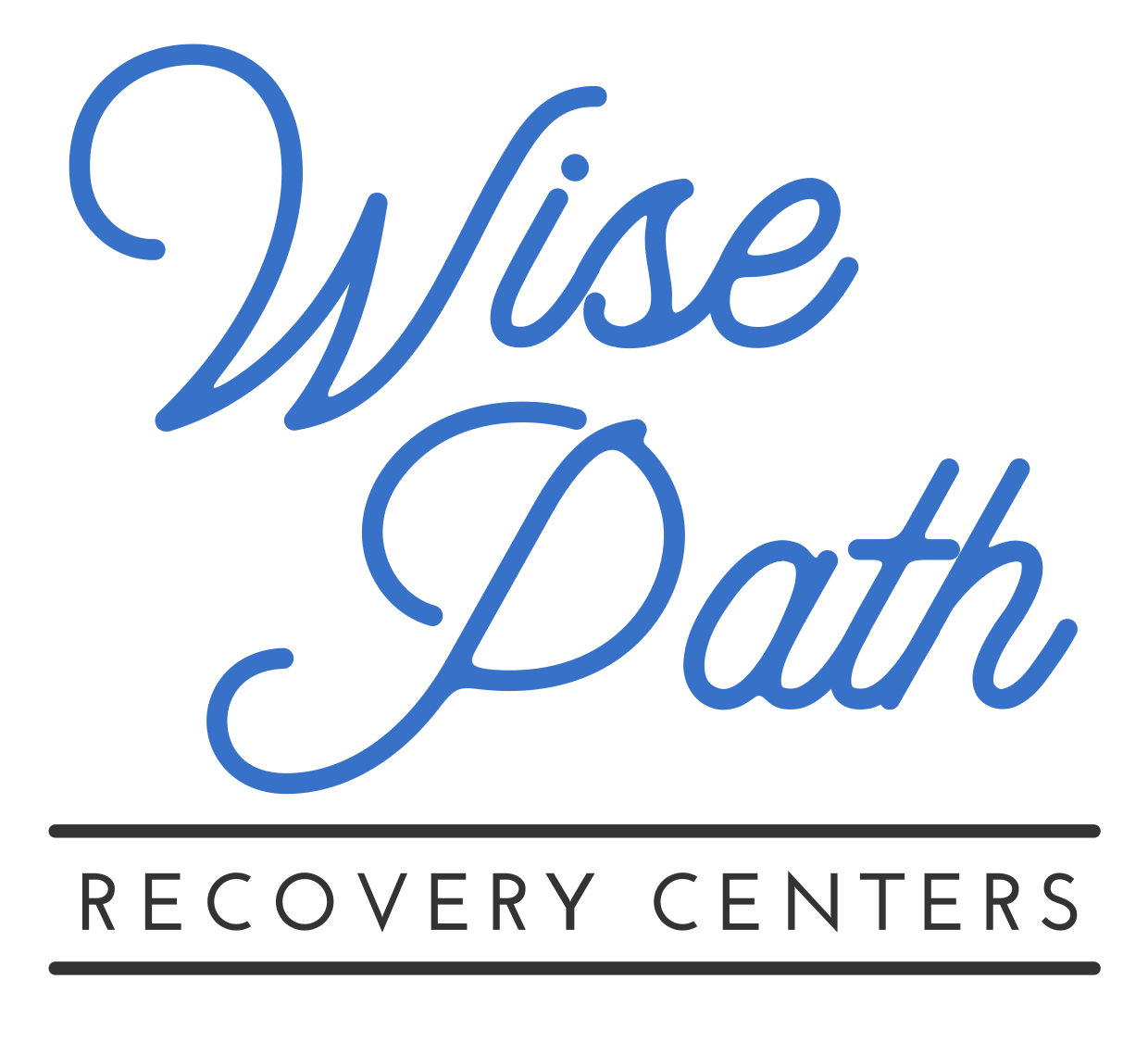Wise Path Recovery Centers ™
ALCOHOL AND DRUG DETOX IN WEST VIRGINIA: DETOX STABILIZATION SERVICES
What Is Detox Stabilization?
At Wise Path Recovery Centers ™, our facilities are designed to make detox as comfortable as possible and to assist you in overcoming withdrawal symptoms so that you can begin recovery. We incorporate medication-assisted treatment (MAT) to help minimize cravings at the beginning of treatment. Stabilization at Wise Path Recovery Centers ™ involves treating your body holistically, focusing on both mental and physical health. We recognize that all aspects of your life must be addressed in order to see real recovery.
We offer the following medications:
Buprenorphine (Suboxone)
Extended-Release Buprenorphine (Sublocade)
Naloxone (Narcan)
Vivitrol
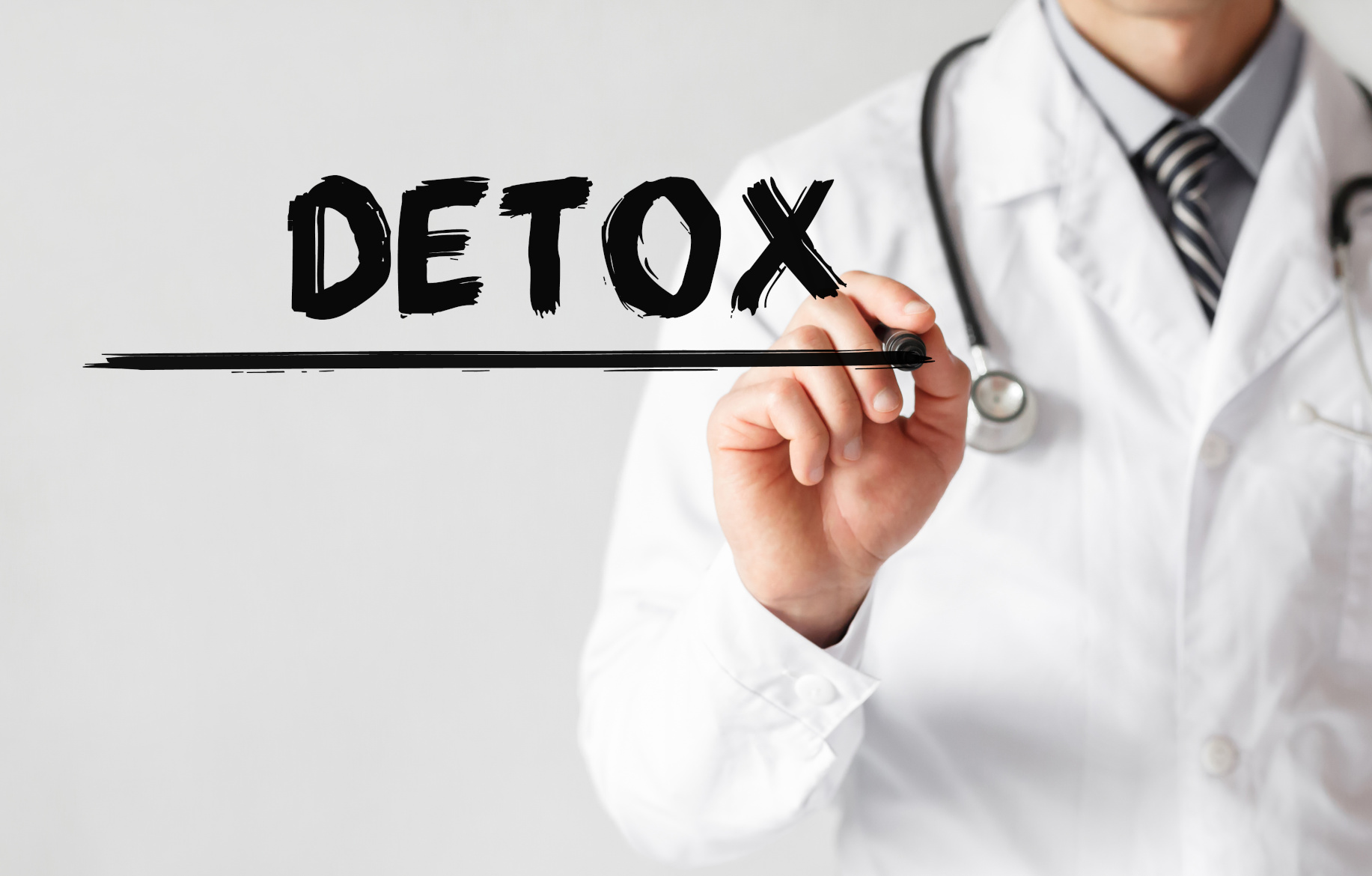
What Is Alcohol and Drug Detox?
Alcohol Detox in West Virginia
Alcohol detox is the process of allowing the body to eliminate alcohol while managing withdrawal symptoms with medical supervision safely. We provide a supportive environment where clients can detox under the care of experienced professionals. Our tailored detox programs help ease the physical and psychological effects of alcohol withdrawal, preparing individuals for the next step in their recovery.
Drug Detox in West Virginia
Similarly, drug detox involves the safe removal of harmful substances from the body, often accompanied by withdrawal symptoms. Our team offers medical supervision to ensure comfort and safety throughout the detox process. With a focus on individual needs, we create customized detox plans to support clients in overcoming the initial physical challenges of recovery.
Why Is Detox Important?
Detox is a critical first step in the recovery process, helping to clear the body of substances and reduce the risk of relapse. It allows individuals to address both the physical and psychological aspects of addiction, providing a strong foundation for long-term healing. That’s why we prioritize safe and effective drug and alcohol detox in West Virginia to help our clients regain control of their health and begin their journey to sobriety.
Who Needs Detox?
Detox is necessary for individuals struggling with substance use disorders, particularly those who have developed a physical dependence on alcohol or drugs. Anyone experiencing withdrawal symptoms or seeking to start their recovery journey in a safe and structured environment can benefit from detox treatment.


The Risks of Not Getting Detox Treatment
Without detox treatment, withdrawal symptoms can become severe, potentially leading to medical complications such as seizures or cardiac issues. Unsupervised detox increases the risk of relapse, as individuals may not have the support they need to manage cravings and withdrawal effectively.
Benefits of Medical Detox at Wise Path Recovery Centers
Here are some of the benefits you can expect from our alcohol and drug detox in West Virginia:
Safe and Supervised Care
Our clients receive 24/7 medical supervision, ensuring their safety and comfort throughout the detox process. Our experienced team closely monitors withdrawal symptoms to prevent complications and provide immediate care when needed.
Personalized Detox Plans
We understand that every person’s journey is unique, so we tailor the plans at our alcohol and drug detox in West Virginia to fit each individual’s specific needs. This personalized approach helps ensure a smoother and more effective detox process, setting the stage for long-term recovery.
Supportive Environment for Recovery
Our detox programs are designed to provide a calm and supportive atmosphere that encourages healing. Clients benefit from compassionate care and a structured environment, which helps reduce stress and create a positive foundation for their recovery journey.
What to Expect During the Detox Process
It is important to understand what to expect during detox stabilization and withdrawal management, especially when you are faced with withdrawal symptoms. Detoxification may be the first step in your addiction treatment but may not be needed for those with milder substance use disorders. It is a short-term process that is designed to safely manage one’s withdrawal symptoms while preparing the body to be able to enter long-term drug or alcohol treatment. According to the Substance Abuse and Mental Health Services Administration (SAMHSA), MAT “is more effective when counseling and other behavioral health therapies are included to provide patients with a whole-person approach.” So in addition to medication-assisted treatment, you will have access to other healing modalities for stabilization, such as individual and group therapy, and relapse prevention support.
Continuing Care After Detox Stabilization
During your time at Wise Path Recovery, you will be assigned a treatment team who will take care of every aspect of the recovery process, from detox and withdrawal management to group and individual therapy sessions. Once you have completed the necessary step for your level of care and are ready to do so, you will move into a short-term residential community where you can build up your social and life skills to help you achieve a smooth transition to independent sober living.

Why Choose Wise Path Recovery Centers for Detox?
Our compassionate clinical team is dedicated to providing a safe, supportive environment for individuals beginning their recovery journey through detox. We offer medically supervised detox programs that address the physical and emotional aspects of withdrawal, ensuring clients receive the care and attention they need. With a focus on individualized treatment and comfort, we help clients take the first step toward lasting recovery with confidence and support.
We Accept Most Major Insurance Carriers
Once you’ve submitted the verification form, feel free to contact us if you have any questions about insurance or payment options. The team at our drug and alcohol detox in West Virginia is here to assist you and ensure you have the information you need for a smooth admission process.
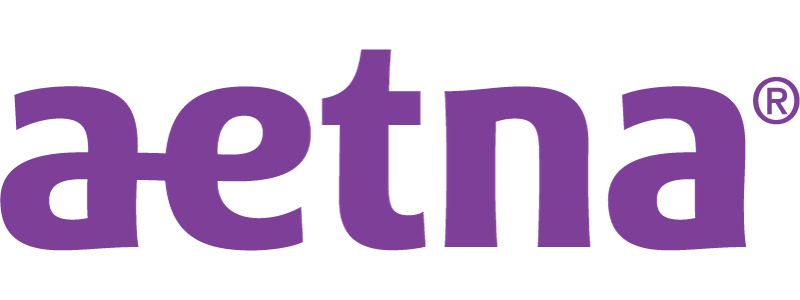
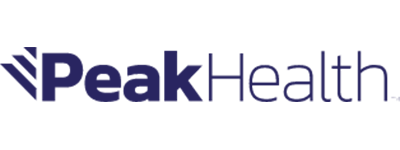
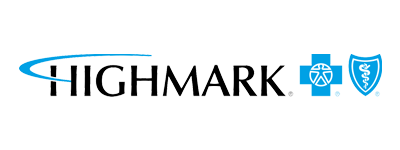
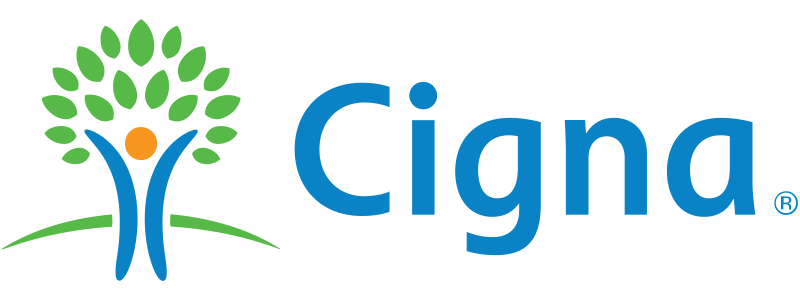

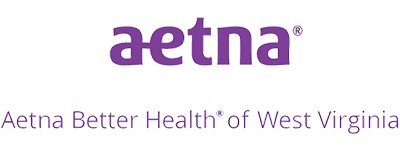


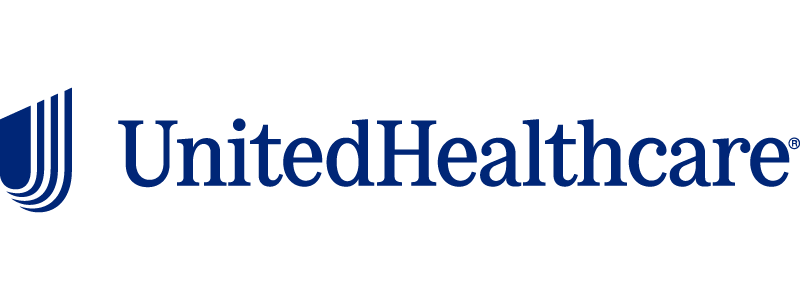
FAQs About Detox Stabilization
What is detoxification and stabilization?
Detoxification is the process of removing harmful substances from the body, typically under medical supervision, to manage withdrawal symptoms safely. Stabilization follows detox and involves medical and psychological support to help individuals regain physical and mental balance before continuing addiction treatment.
What is the hardest drug to quit?
Heroin, fentanyl, and other opioids are often considered the hardest drugs to quit due to their intense physical dependence and painful withdrawal symptoms. Methamphetamine and benzodiazepines can also be extremely difficult to stop due to their impact on brain chemistry and high relapse rates.
What are the signs your body is detoxing?
Common signs of detoxing include headaches, nausea, sweating, fatigue, and mood swings as the body eliminates toxins. Some people may also experience cravings, irritability, or flu-like symptoms depending on the substance they are detoxing from.
What’s next after alcohol detox in West Virginia?
After alcohol detox, individuals often transition to inpatient or outpatient treatment programs that provide therapy, counseling, and support to prevent relapse. Ongoing care may include behavioral therapy, support groups, and medication-assisted treatment if needed.
What does a 3-day detox do?
A 3-day detox helps jumpstart the body’s natural cleansing process by flushing out toxins and reducing withdrawal symptoms. While it may provide short-term relief, a full recovery from substance dependence typically requires long-term treatment and lifestyle changes.
How to detox your body from alcohol?
Detoxing from alcohol should be done under medical supervision, especially for heavy drinkers, to prevent dangerous withdrawal symptoms like seizures. Drinking plenty of water, eating nutritious foods, and getting medical support can help ease the process safely.
What drug is used for detox?
Several medications are used to support detox, depending on the substance and severity of withdrawal symptoms. For opioid detox, buprenorphine (Suboxone) helps reduce cravings and withdrawal symptoms, while extended-release buprenorphine (Sublocade) provides long-term relief. Naloxone (Narcan) is used to reverse opioid overdoses, and naltrexone (Vivitrol) blocks the effects of opioids and alcohol to prevent relapse. For alcohol withdrawal, benzodiazepines and anticonvulsants may be prescribed to manage symptoms and reduce complications.
